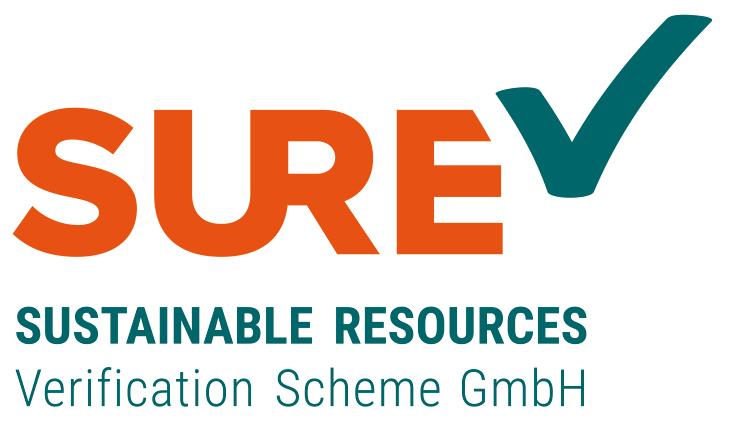African Human Rights and Climate Crisis: A Call to Action
Amnesty International’s recent analysis paints a troubling picture of Africa’s future, indicating that the continent is teetering on the edge of further decline due to escalating human rights violations and the impending consequences of climate change.The association highlights systemic injustices and governmental shortcomings across numerous countries, raising alarms about the dire implications for upcoming generations. This report emphasizes a pivotal moment for Africa, where social inequities intertwined with environmental challenges threaten not only current stability but also the long-term well-being of millions. With urgent demands for accountability and proactive measures, this document serves as a crucial reminder of the obstacles ahead and underscores the necessity for immediate global engagement to protect African citizens’ rights and futures.
Amnesty International Reports on Human Rights Issues in Africa Amid Climate Change
The latest findings from Amnesty International reveal an alarming rise in human rights violations throughout Africa, exacerbated by an ongoing climate emergency. As extreme weather events become more frequent and severe, vulnerable communities find themselves caught between environmental turmoil and systemic abuses. The repercussions of climate change disproportionately affect marginalized groups, intensifying problems such as food scarcity, forced migration, and violence.Amnesty’s report illustrates a disturbing trend where governments struggle with climate-related challenges often resorting to oppressive tactics to quell dissent while maintaining authority.
- Increased violence against environmental activists: Those advocating for sustainable practices face threats and violent repercussions.
- Forced migrations: Populations are displaced as their living conditions deteriorate due to flooding or desertification.
- Rising authoritarianism: Many governments tighten restrictions on civil liberties under pretexts related to climate emergencies.
The report calls for immediate action amidst these compounded crises as nations confront both climatic pressures and governance failures. Amnesty stresses that policy frameworks must prioritize human rights within climate strategies; otherwise, future generations will face even graver challenges if swift actions are not implemented now. Below are charts summarizing specific incidents related to human rights violations alongside climatic impacts across various African nations:
| Country | Rights Violations | Climate Impact | |
|---|---|---|---|
| Nigeria | Sustained attacks on activists advocating for justice | An increase in flooding linked to changing rainfall patterns | |
| Sudan | Civilian displacement due to ongoing conflicts | Drought periods extending significantly | |
| Ethiopia | Dissent suppression amid political unrest | Drought severely impacting agricultural output |
Immediate Action Needed: Recommendations Addressing Rights Abuses Alongside Climate Challenges
The alarming decline in human rights coupled with an escalating climate crisis necessitates targeted recommendations aimed at addressing these intertwined issues effectively. It is indeed essential that governments collaborate with civil society organizations along with international entities in tackling these pressing concerns head-on through key initiatives such as:
- Tightening legal protections for environmental advocates along with marginalized groups affected by climatic changes.
- Building community resilience strong >by promoting sustainable agricultural methods alongside access towards innovative technologies designed specifically around climate adaptation . li >
- Fostering awareness through educational programs focused on environmental stewardship , highlighting both individual responsibilities & ; collective action . li >
Additionally , ensuring accountability regarding any violations tied directly back towards adverse effects stemming from our changing environment remains paramount . Governments should implement robust monitoring systems capable enough track abuses while engaging openly within reporting mechanisms . Collaborative efforts can be enhanced via : p >
| Collaboration Focus th > | Potential Impact th > tr > |
|---|---|
| Cross-border partnerships td > | Improved resource management alongside shared strategies aimed at adapting towards shifting climates . td > tr > |
| Public-Private Partnerships | Investment opportunities directed toward sustainable initiatives respecting fundamental human dignity . |
| Community Engagement |   ;Empowering local populations enabling them advocate effectively concerning their own habitats & ; entitlements . tr > tbody > table >
The Future of Africa: The Urgent Need for Policy ReformThe insights provided by Amnesty International reveal a stark reality facing African nations today—where entrenched abuses against individuals’ freedoms intersect dangerously with detrimental effects brought forth by our changing environment creating precarious circumstances threatening future generations’ prospects alike! Key issues highlighted include government repression , ecological degradation , inadequate responses addressing emerging crises—all posing notable risks jeopardizing well-being not just present-day populations but also youth yet unborn ! Immediate recognition must occur regarding interdependence existing between safeguarding basic liberties whilst pursuing environmentally sound practices moving forward together! p> Pivotal reforms necessary combatting this downward spiral encompass : p >
|

